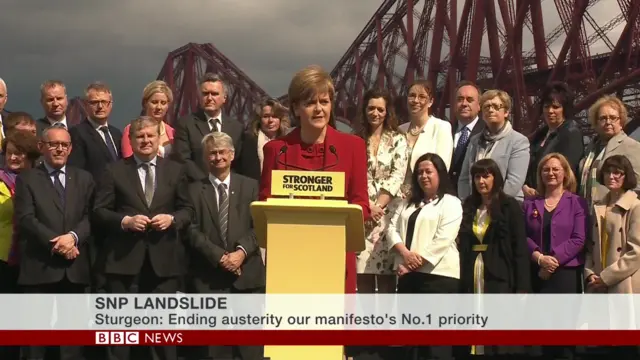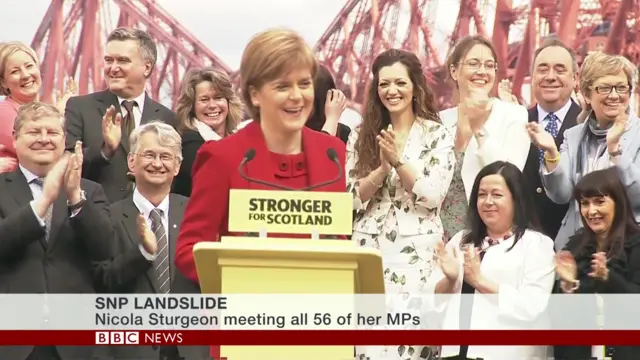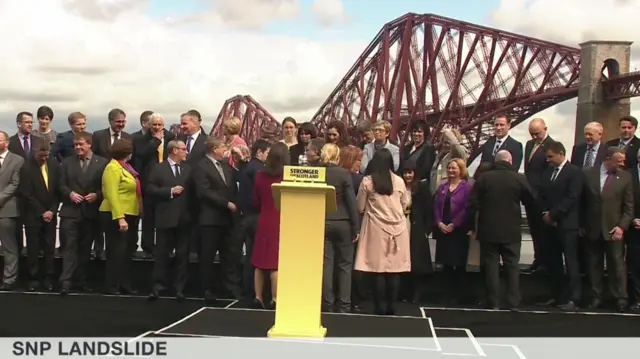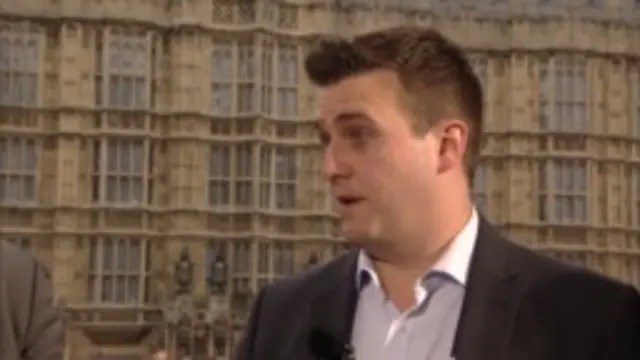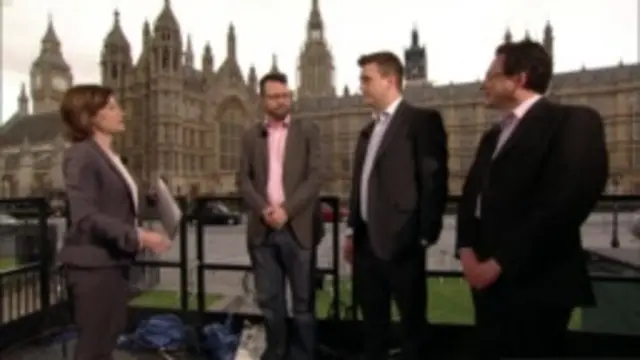Ferguson: Labour faces 'existential crisis'published at 11:47
 BBC News Channel
BBC News Channel
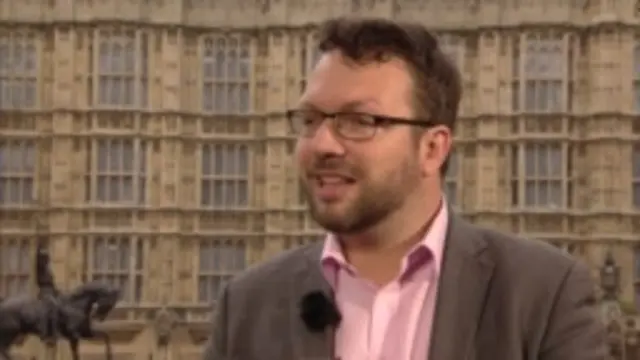
Labout List editor, Mark Fegerson, says the Labour party faces an existential crisis after its near wipeout in Scotland, and gaining only a handful of seats in England, outside of London.
He says the Labour defeat is a symptom of wider problem, suggesting it goes back a decade. He says the last time the Labour party won a healthy majority was ten years ago “with 35.2% of the vote with only about two thirds of the country voting”.
“It has been a long time since the Labour party has seriously commanded the majority [of support] of ordinary working people, “ he says.
Mr Ferguson says Labour needs to go back to “first principles”. It’s been a long time since politicians looked or like sounded the people they are seeking to represent, he adds.
